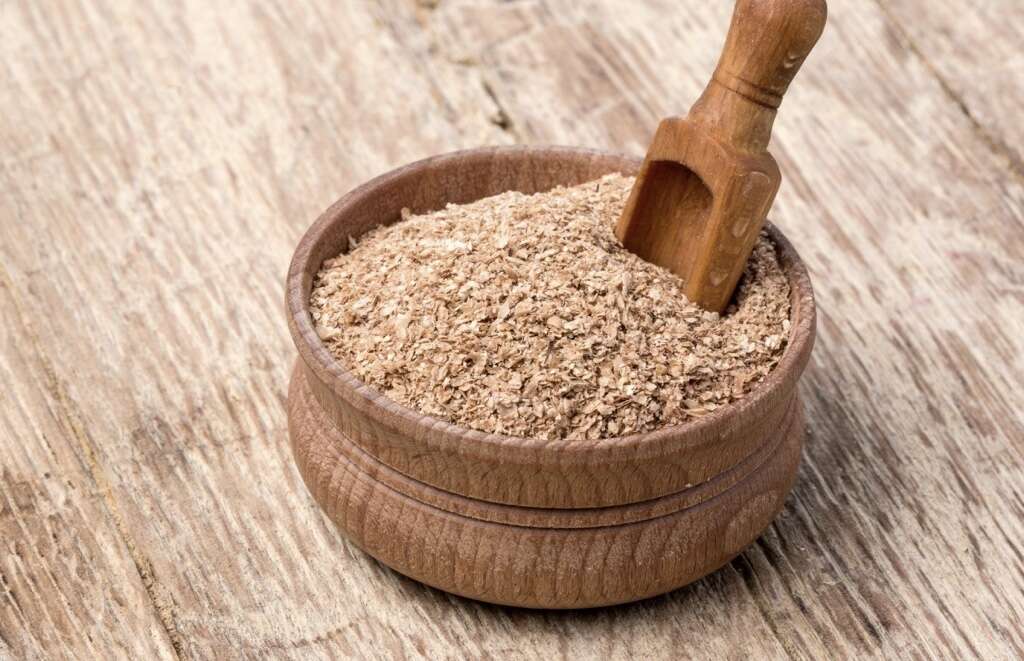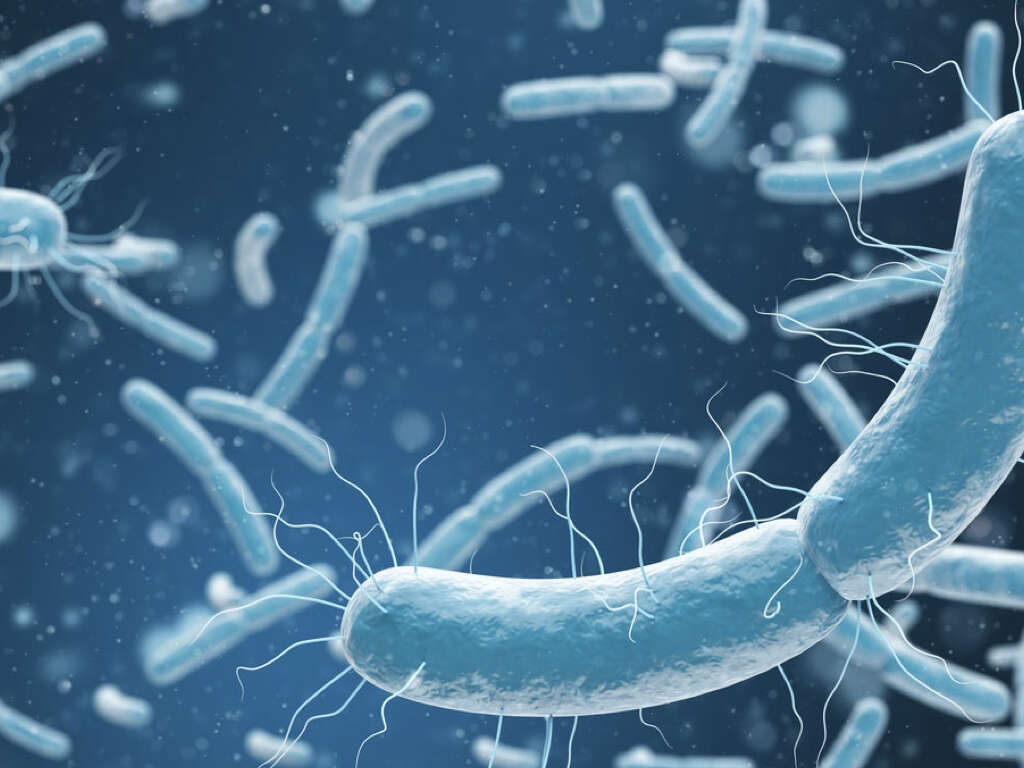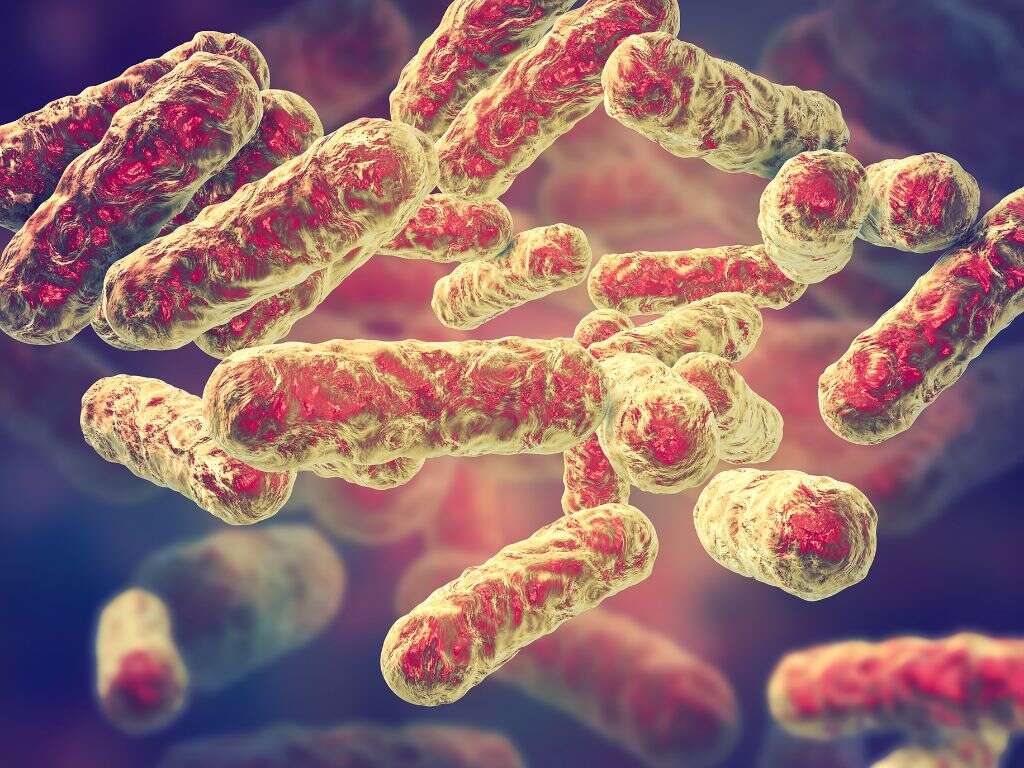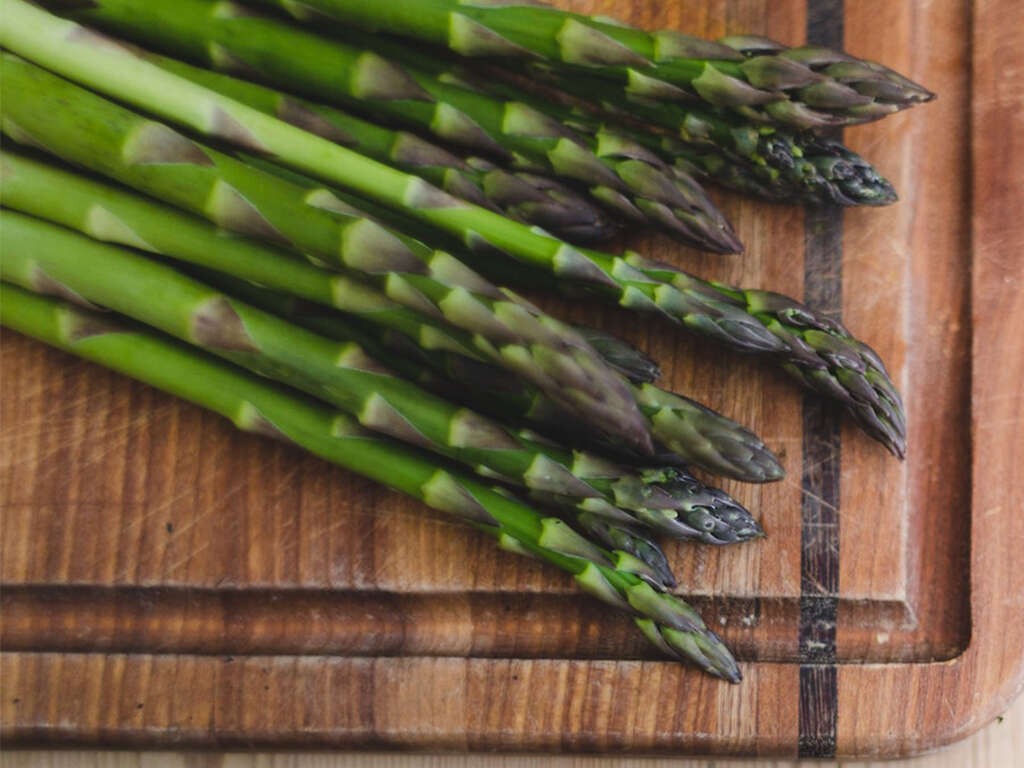Constipation: 10 Foods That Help You Poop
Constipation happens to everyone at some point and it can recur. Some people even suffer from chronic constipation, making them seek medication or other options to overcome the problem. But medication, especially self-medication, can make it worse.
If you don’t have three bowel movements in a week, then you have constipation. You could also have bowel movement issues that cause you to have dry stools that are a hustle to expel.
In case any of these problems have been going on for a long time, you may need to talk to a doctor. If, however, the problem comes and goes, some dietary changes may help. Some foods can help to relieve constipation naturally, and prevent it from recurring. Below are 10 foods that help you poop.
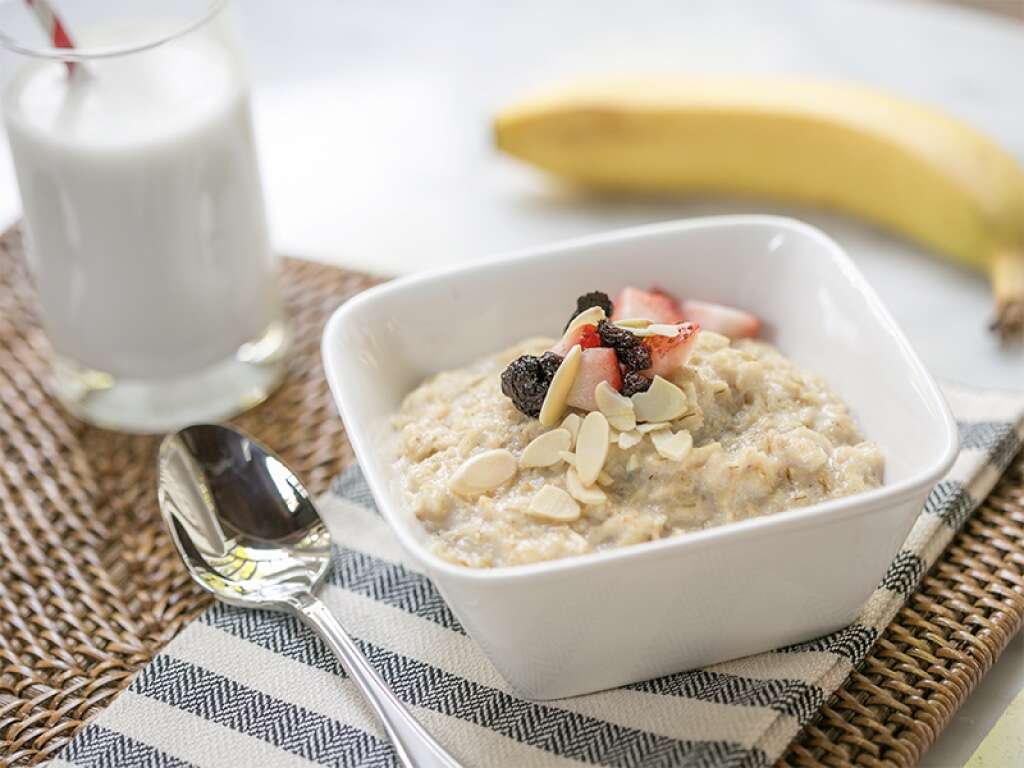
Food #1: Water
Water is necessary for good health. It is required for digestion of food, absorption of nutrients, and for the elimination of waste. Water is at the top of foods that help you poop because it works as a transport medium for waste. If you don’t take adequate amounts of water, you get dehydrated. This makes it much harder for your body to pass stools because the waste materials are dry.
However, when you take adequate amounts of liquid, it will help moisten everything and make it easier for your poop to move through the bowels. As you probably know, the recommended amount of water for an adult is at least 8 glasses a day. But don’t try to take all of it at once; rather, space out your water intake throughout the day to remain hydrated. Also remember that if you eat more fiber, you will need more water.

Food #2: Yogurt or Kefir
Yogurt and kefir, which are fermented foods, are both healthy options for people who suffer from constipation. They are also great at preventing constipation. Both contain probiotics, which are beneficial microorganisms that help in the digestion and absorption of nutrients. Probiotics are also called good bacteria.
Probiotics also help to improve the general health of your gut and body, as well as aid in softening your stool. According to some studies, eating 180 ml of unflavored yoghurt with probiotics as an ingredient every morning for 14 days can help with chronic constipation by speeding up movement of your body’s waste material through the bowels.

Food #3: Sweet Potato
Sweet potato is another surprising food that can help relieve constipation. Sweet potato is very high in fiber, which can aid in having healthy bowel movements. Just remember that most of the sweet potato fiber is in its skin. Therefore, for best results, leave the skin on when preparing and enjoying this natural constipation fighter. You can add even more fiber to your body if you top your sweet potato meal plan with another high-fiber veggie such as broccoli.
Sweet potato contains insoluble fiber that helps the body to better its bowel movements by adding some bulk to the waste materials, similar to oatmeal. This leads to better movement through the colon.
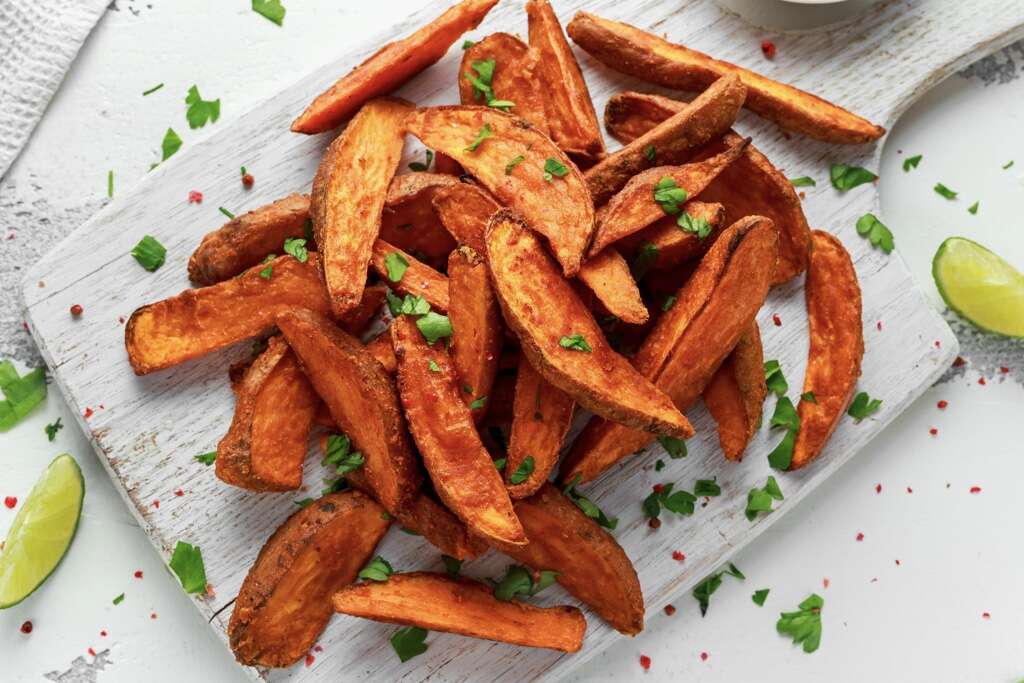
Food #4: Oatmeal
Oatmeal is one of the healthiest grains there is. It is high in fiber, gluten free, and a great natural source of many important vitamins, minerals, and antioxidants. Because oatmeal is a fiber-rich food, it goes a long way toward helping you poop better. Many medical experts, as well as diet specialists, recommend that people with constipation add oatmeal to their diet plans.
It’s a great breakfast option that you can spice up with healthy fruits and honey. Oatmeal is great for bowel movements because it contains insoluble fiber that helps promote the body’s digestion process.
And since its fiber soaks water from your fluid intake, it is almost impossible for your body to form dry poop after eating oatmeal. One cup of oatmeal a day should give you enough fiber to make a difference in your bowel movements.

Food #5: Broccoli
Broccoli is not a very popular vegetable for most people. For this reason, they will probably dismiss its claim as a healthy way to add fiber to their diet. But broccoli is one of the best vegetables you can eat to help you poop more easily.
Broccoli can also be quite delicious if it’s prepared well. It is high in fiber and antioxidants, and is really worth trying. Just one half cup of cooked broccoli contains about 2.8 grams of fiber. And by now you know that fiber is great for fighting constipation. Broccoli can make a great side dish with a garlic butter sauce or as a raw snack.
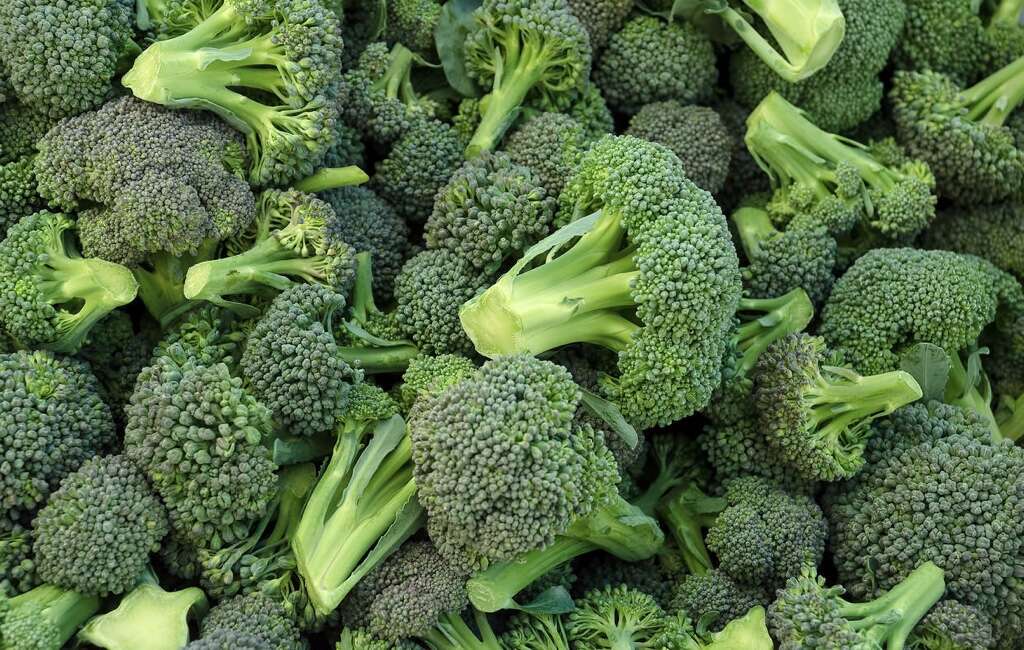
Food #6: Kiwifruit
You might be surprised to know that eating a kiwifruit could help you to poop better. Kiwi is high in fiber and antioxidants, which promotes healthy bowel movements. Tests done on a group of patients proved that people with constipation were able to have better bowel movements after eating kiwifruit as part of their regular diets.
To boost your fiber intake even more, consider eating the kiwi fruit skin along with the fruit. This increases the natural and healthy nutrients that you get from the fruit by up to 50 percent. Note that although kiwifruit contains insoluble fiber, it is unlikely to leave you bloated after eating it.
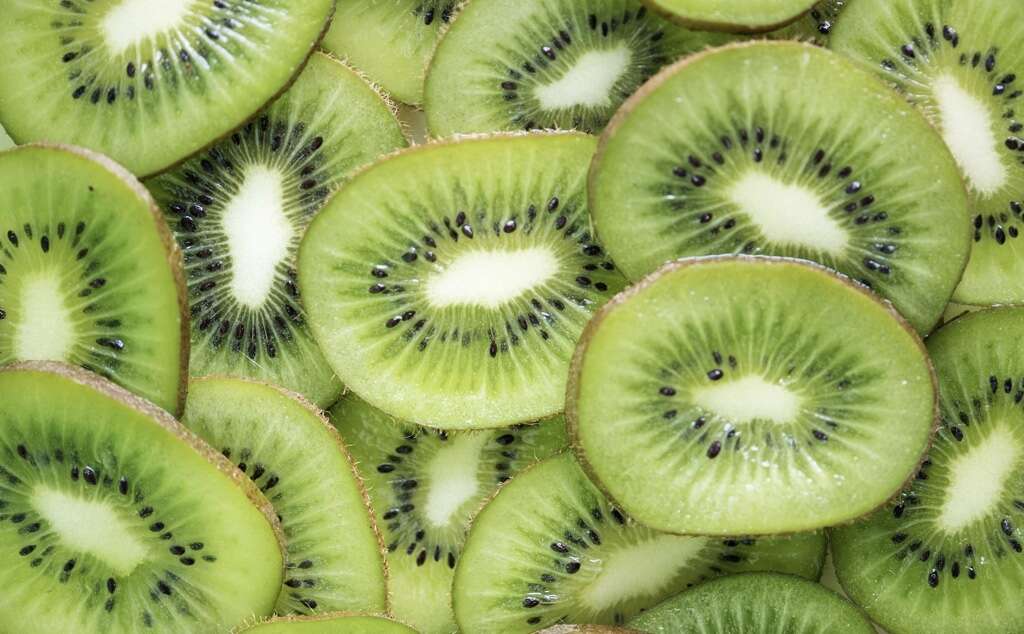
Food #7: Sauerkraut
Sauerkraut, which is made by fermenting cabbage, contains probiotic bacteria that can help to improve digestion. Probiotics are also great for reducing constipation. One study found that about 2 tablespoons of homemade sauerkraut can contain roughly the same amount of good bacteria as probiotic supplements.
Sauerkraut also contains acetylcholine, which helps with the intestine muscles’ contraction and relaxation. This, in turn, helps with bowel movements, which prevents constipation. Eating sauerkraut with cold foods such as a fruit salad can sometimes cause an upset stomach. It is, therefore, best to eat it as a side dish with meat or fish or other warm foods.
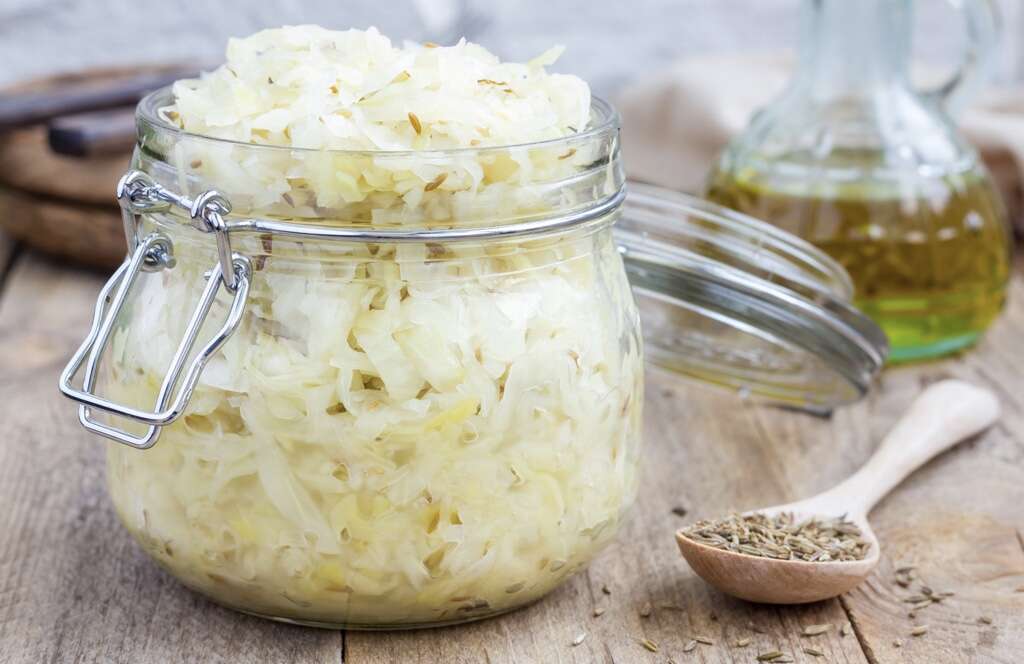
Food #8: Pulses
Pulses, which include peas, beans, and lentils, boost bowel movements and keep the digestive system healthy. Many people actually consider pulses to be superfoods, and for good reason. A study has found that about 100 grams of cooked peas, beans, or lentils can contribute to relieving constipation and promote good digestion. Chickpeas are a good choice and help give you a healthier digestive tract.
Just one serving of black beans contains about 15 grams of fiber, making it a favorite bean for great health benefits. Black-eyed peas are also a great pulse that will aid in reducing your constipation effectively and naturally.
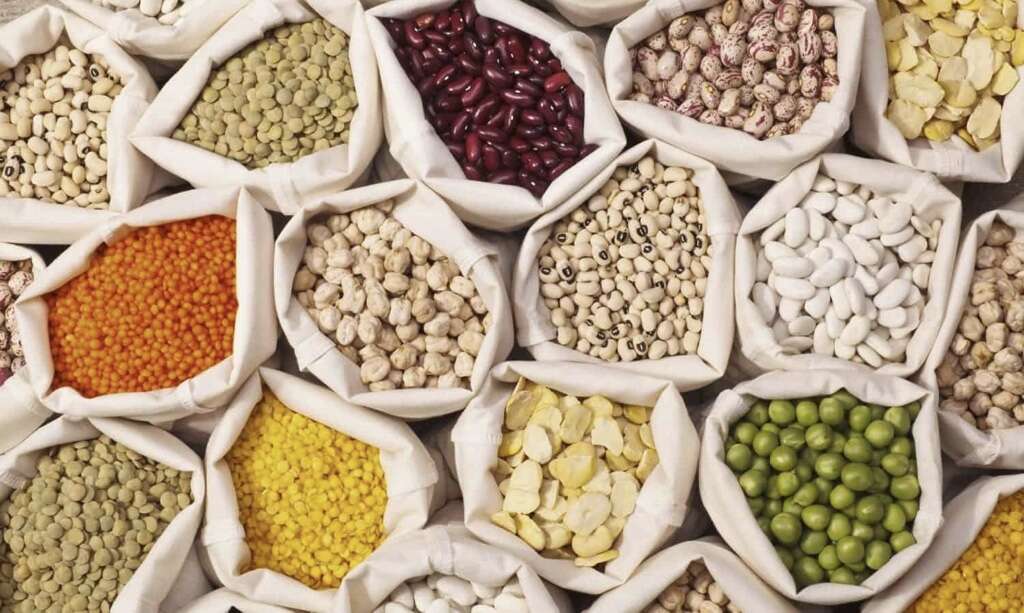
Food #9: Prunes
Prunes, which are dried plums, are great at fighting constipation and you should consider having some in the pantry. If you are constipated, just cook some and have them in your next meal or two and you will be good to go.
Prunes are very high in fiber at about 2 grams in every 28-gram serving. Prunes also contain sorbitol, an ingredient that helps to bring water into your intestines and naturally aid your bowel movements. Prunes can also help to increase the frequency of bowel movements, as well as improve consistency. Alternatively, you can drink prune juice if you are not too fond of whole prunes.
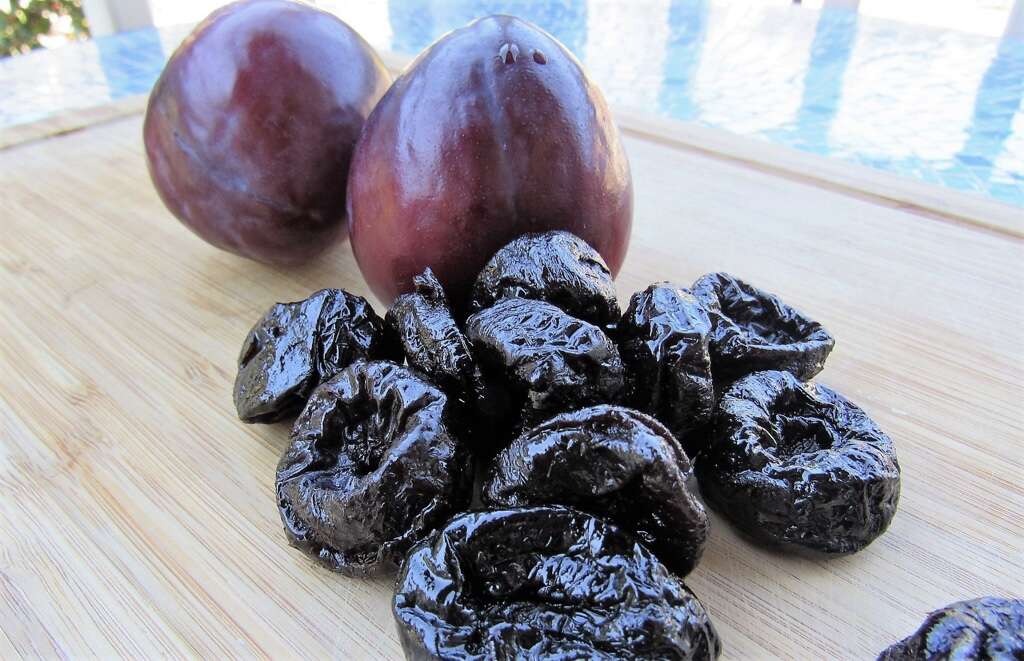
Food #10: Wheat Bran
Wheat is a notorious culprit when it comes to constipation. But this is generally the case with the refined white wheat flour. Wheat bran, on the other hand, aids digestion and is recommended for improving bowel movements. Wheat bran is especially good for people who suffer from mild or chronic constipation.
A test done to determine if one ready-to-eat bowl of wheat bran every morning for 2 weeks could make a difference in bowel movements for people with constipation found that it is a good solution. Wheat bran can also relieve digestive discomfort, for those who suffer from indigestion. This is an added health bonus.
